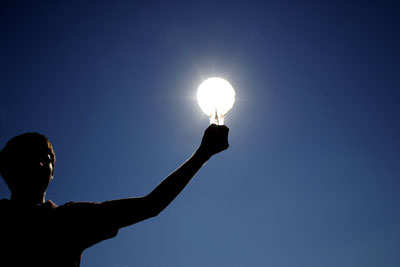All Nonfiction
- Bullying
- Books
- Academic
- Author Interviews
- Celebrity interviews
- College Articles
- College Essays
- Educator of the Year
- Heroes
- Interviews
- Memoir
- Personal Experience
- Sports
- Travel & Culture
All Opinions
- Bullying
- Current Events / Politics
- Discrimination
- Drugs / Alcohol / Smoking
- Entertainment / Celebrities
- Environment
- Love / Relationships
- Movies / Music / TV
- Pop Culture / Trends
- School / College
- Social Issues / Civics
- Spirituality / Religion
- Sports / Hobbies
All Hot Topics
- Bullying
- Community Service
- Environment
- Health
- Letters to the Editor
- Pride & Prejudice
- What Matters
- Back
Summer Guide
- Program Links
- Program Reviews
- Back
College Guide
- College Links
- College Reviews
- College Essays
- College Articles
- Back
Liberty or Death: The Fight for Human Rights
Ever since the UN convention in 1948 and the creation of the Universal Declaration of
Human Rights, human rights has been a hotly debated topic throughout the UN and the rest of
the known world on what is considered the universal rights of man. News of massacres, violent
riots, starvation, and poverty permeates throughout the media. The public responds with a
rigid cry to the UN and the governments around the world to preserve and defend human
rights. This endless loop has continued for decades, without any end and accomplishing
absolutely nothing.
Despite the best efforts of the UN, we continue to see poverty, oppression, and cruelty
in our news. This is the news that provokes this endless and unnecessary loop. Why is the UN
so helpless in this situation? All of the ruthless dictators in history had something in common.
The monarchs and dictators that ruled the world with an iron fist lacked any kind of news or
efficient communication system. Hitler's steadfast grip on his country disconnected Nazi
Germany from the surrounding western world. Stalin of the Soviet Union had completely
isolated his country from the world, as did Mao Zedong for China and Kim Il Sung of North
Korea.
Every ruthless nation in history had destroyed communications from the rest of the
world. In Africa, almost the entire population is too poor to afford any device that can connect
it to the rest of the world, and this allows so much oppression and corruption to occur. This is
why the UN and the rest of the world cannot touch these corrupt nations, because they have
isolated themselves and made them immune to our protests.
My father lived in China during the 1970's. China in the Cold War era is similar to North
Korea today, a completely isolated land, formed by Mao Zedong to be separated from Western
influences. In his childhood, my father was completely unaware of the opportunities of
anywhere else but China. Mao had given his nation an idea that China was a supreme nation of
the world and the rest of the world faced extreme poverty, an idea that the Chinese public
could not argue with. No matter what the rest of the world said, their words could not
penetrate the impenetrable barrier that Mao had created.
Due to the isolation of these nations, no matter how many restrictions or laws that the
UN can place on human rights, these words are simply words, and do not affect those who it is
truly intended for. So how do we correct this issue? The obstacles faced by those who promote
human rights are the barriers in communications that exist in these countries. The effort of
those who promote human rights and the UN must be to penetrate these barriers and send a
message to the people in poverty that there exists a better world outside their isolated society.
This will force an internal change in the nation that will finally fulfill what we have desired for
decades. After half a century, the words written on the Universal Declaration of Human Rights
may finally be fulfilled.

Similar Articles
JOIN THE DISCUSSION
This article has 0 comments.
